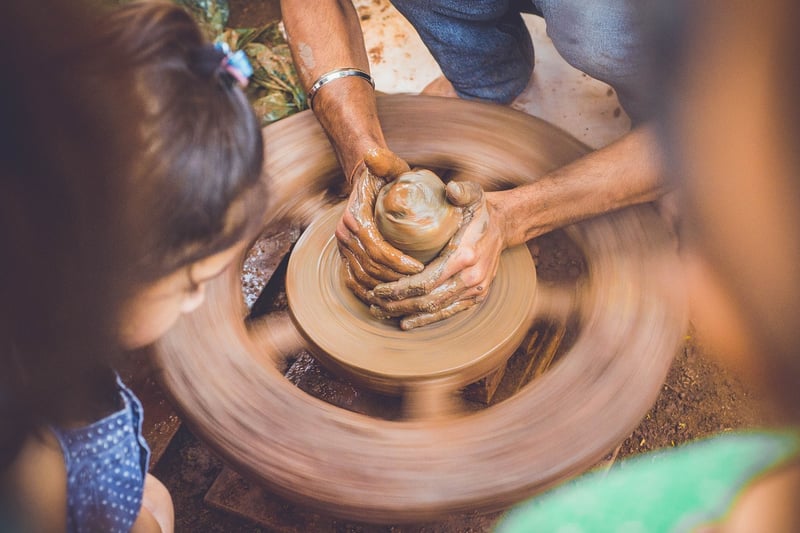Knife Skills
Enhance Your Culinary Knowledge and Knife Skills
The Importance of Knife Skills in the Kitchen
Knife skills are an essential aspect of cooking that can significantly impact the quality and efficiency of your meal preparation. By improving your knife skills, you can enhance your culinary experience and elevate the presentation of your dishes.
Types of Knives and Their Uses
Understanding the different types of knives and their specific uses is crucial for mastering knife skills. Some common types of knives include:
- Chef's Knife: Ideal for chopping, slicing, and dicing.
- Paring Knife: Great for intricate tasks like peeling and coring.
- Serrated Knife: Perfect for slicing bread and delicate fruits.
Knife Handling Techniques
Proper knife handling techniques are essential for safety and precision in the kitchen. Some key techniques to keep in mind include:
- Hold the knife with a firm grip but avoid gripping it too tightly.
- Use a claw grip to hold the food steady while cutting to prevent accidents.
- Master the rocking motion when using a chef's knife for efficient chopping.
Sharpening and Maintaining Your Knives
Regularly sharpening and maintaining your knives is crucial for optimal performance. Invest in a quality knife sharpener and follow these tips:
- Sharpen your knives at a 15-20 degree angle for best results.
- Store your knives in a knife block or on a magnetic strip to protect the blades.
- Hand wash and dry your knives immediately after use to prevent rusting.
Practice Makes Perfect
Like any skill, mastering knife skills takes practice and patience. Dedicate time to honing your techniques and experimenting with different cutting styles to improve your proficiency in the kitchen.

Enhance your culinary knowledge and elevate your cooking experience by focusing on improving your knife skills. With the right tools, techniques, and practice, you can become a more confident and efficient cook in the kitchen.
Remember, a sharp knife is a chef's best friend!
